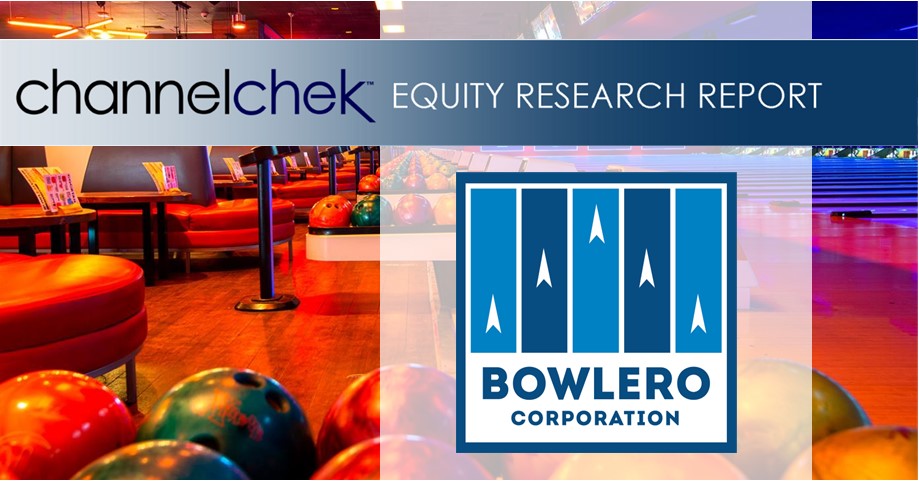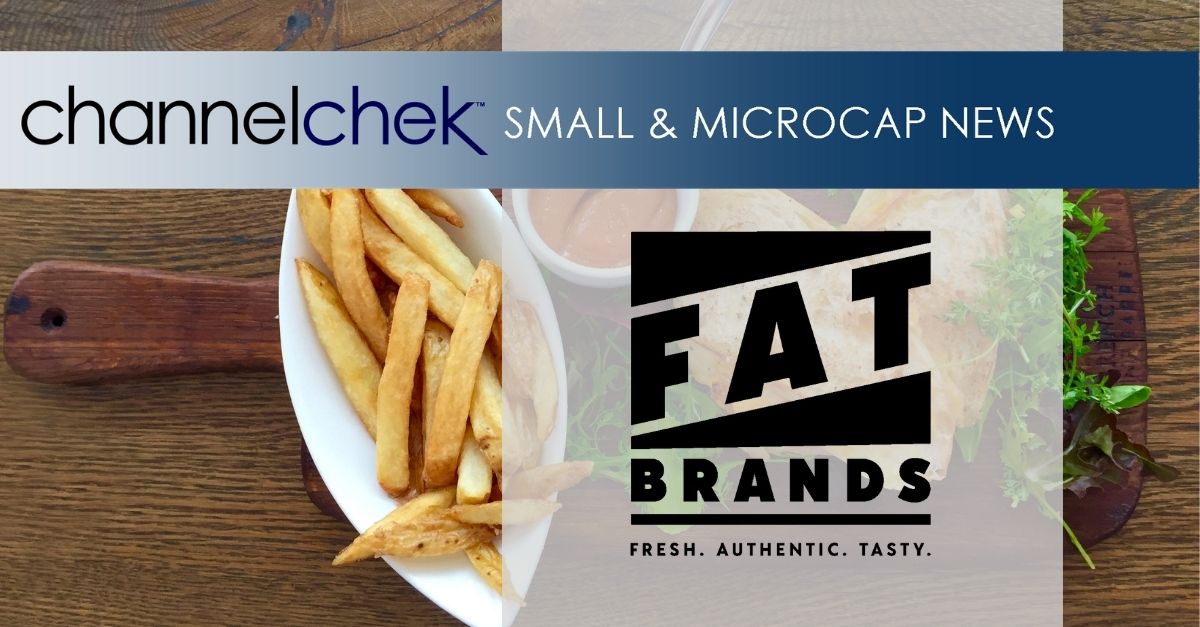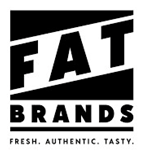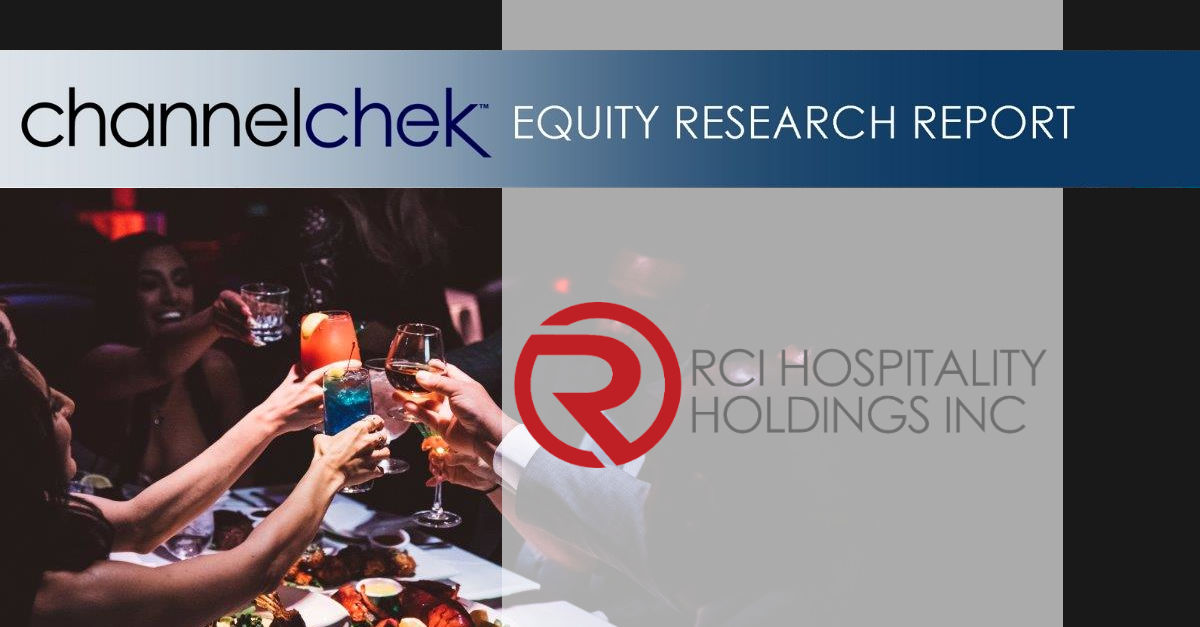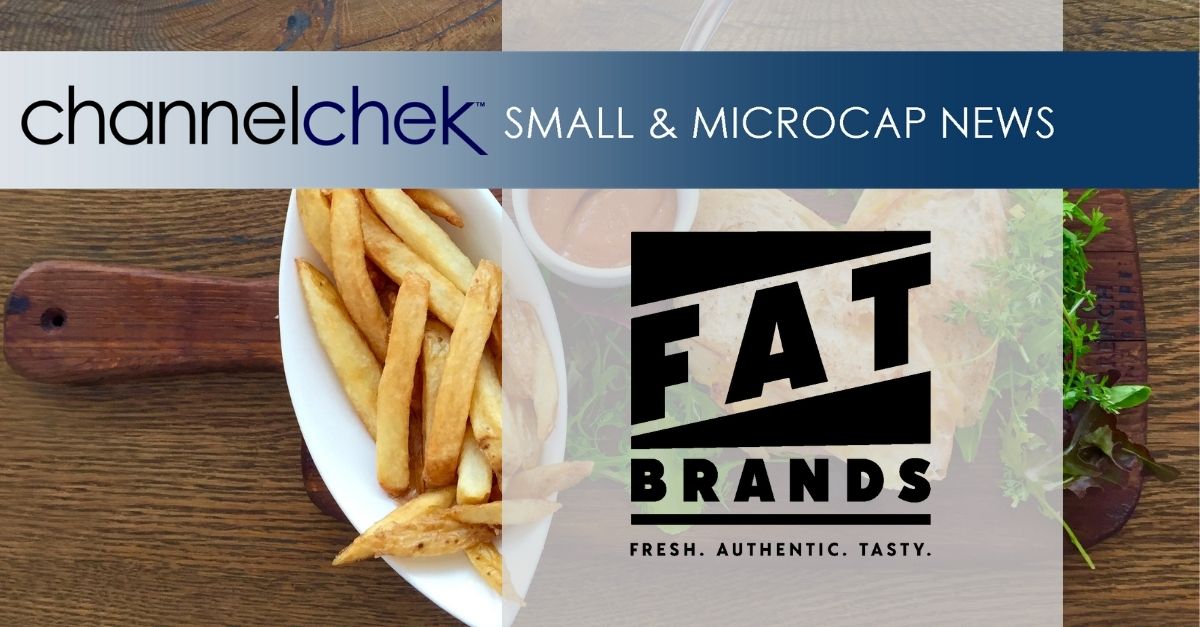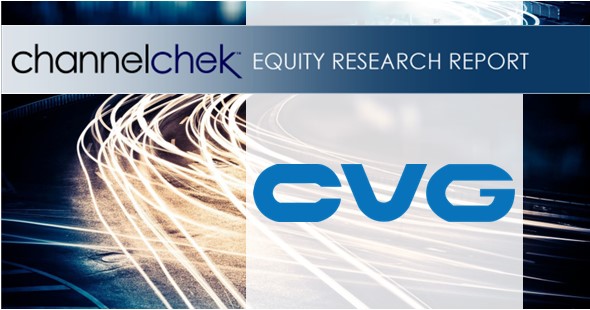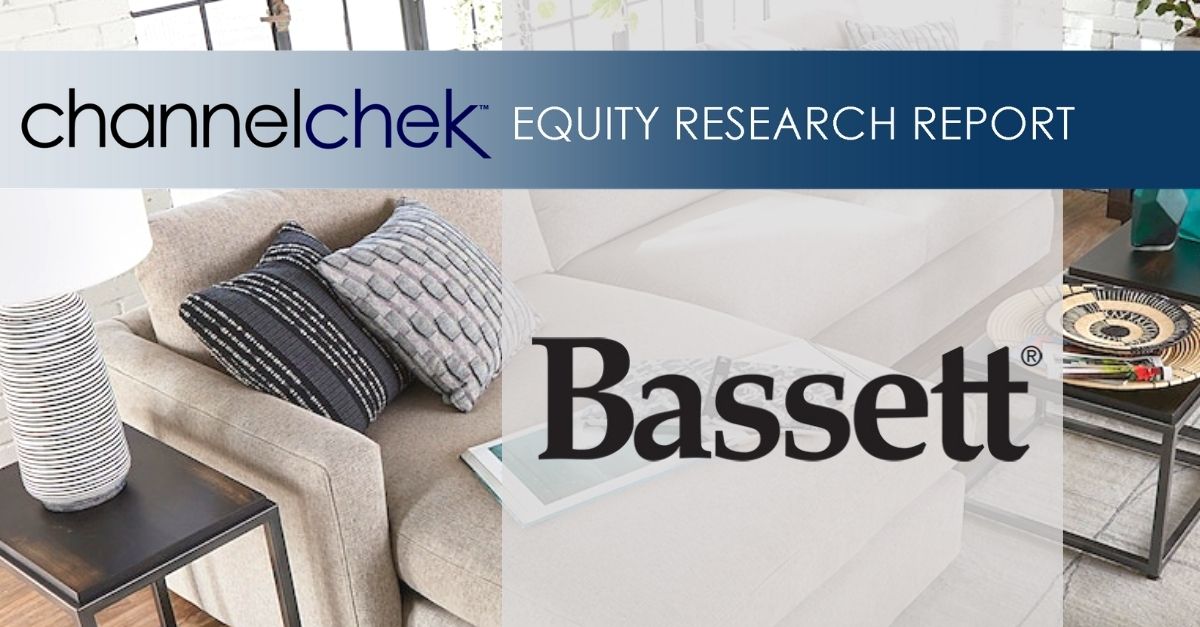Research News and Market Data on FAT
10/02/2023
Download(opens in new window)
Dessert Duo’s New Co-Branded Location Marks FAT Brands ’ Continued Expansion into Non-Traditional Venues
LOS ANGELES, Oct. 02, 2023 (GLOBE NEWSWIRE) — FAT (Fresh. Authentic. Tasty.) Brands Inc., parent company of Great American Cookies, Marble Slab Creamery and 16 other restaurant concepts, announces the opening of a co-branded Great American Cookies and Marble Slab Creamery location at Cook Children’s Medical Center in Fort Worth, Texas. Situated in the first floor of the newly expanded Dodson Specialty Clinics, the new store underscores FAT Brands’ strategic approach to broadening its footprint in non-traditional spaces.
“The opening of our co-branded Great American Cookies and Marble Slab Creamery location at Cook Children’s reinforces FAT Brands’ commitment to executing a diverse growth strategy that brings our 18 restaurant brands to a wider audience,” said Taylor Wiederhorn, Chief Development Officer at FAT Brands. “With this new opening, FAT Brands continues to demonstrate adaptability and a forward-thinking approach in the ever-evolving franchise landscape.”
For nearly 40 years, Marble Slab Creamery has been an innovator in the ice cream space, dreaming up the frozen slab technique and offering homemade, small-batch ice cream with free unlimited mix-ins, shakes in a variety of flavors, and ice cream cakes.
Since 1977, Great American Cookies has baked up a reputation for not only being the creator of the Original Cookie Cake, but also for its famous chocolate chip cookie recipe. Other craveable menu items include decadent Double Doozies™, made with delectable icing sandwiched between two cookies.
Great American Cookies and Marble Slab Creamery at Cook Children’s Medical Center is located in the Dodson Specialty Clinics, which is found at 1500 Cooper St., Fort Worth, TX 76104. The store will be open from 8 a.m. to 5 p.m. Monday through Friday to hospital guests, staff and patients. For more information on Great American Cookies, visit www.greatamericancookies.com. For more information on Marble Slab Creamery, visit www.marbleslab.com.
About FAT (Fresh. Authentic. Tasty.) Brands
FAT Brands (NASDAQ: FAT) is a leading global franchising company that strategically acquires, markets, and develops fast casual, quick-service, casual dining, and polished casual dining concepts around the world. The Company currently owns 18 restaurant brands: Round Table Pizza, Fatburger, Marble Slab Creamery, Johnny Rockets, Fazoli’s, Twin Peaks, Great American Cookies, Hot Dog on a Stick, Buffalo’s Cafe & Express, Hurricane Grill & Wings, Pretzelmaker, Elevation Burger, Smokey Bones, Native Grill & Wings, Yalla Mediterranean and Ponderosa and Bonanza Steakhouses, and franchises and owns over 2,300 units worldwide. For more information on FAT Brands, please visit www.fatbrands.com.
About Great American Cookie s
Founded on a family chocolate chip cookie recipe in 1977, Great American Cookies believes that pure, simple delight is part of living a full life. Serving the Original Cookie Cake, fresh baked cookies in a variety of flavors, brownies, and Double Doozies™, we promise to treat you to bites of bliss that prove how sweet life can be. With more than 400 bakeries across the country and internationally in Bahrain, Guam, Saudi Arabia, and treats available to ship right to your door, the sweet spot is always close to home. For more information, visit www.greatamericancookies.com.
About Marble Slab Creamery
Since dreaming up the frozen slab technique and serving fresh homemade, small-batch Ice Cream in-store since 1983, Marble Slab Creamery has always known how to dream big. We sprinkle our customers with imagination and promise to inspire with infinite Ice Cream possibilities to feed your curiosity and capture cravings. With our always free mix-in philosophy, delicious Ice Cream and Shakes in a variety of flavors, hand-rolled waffle cones, and Ice Cream Cakes, imagination has no limits. Today, Marble Slab Creamery is enjoyed by consumers across the globe with locations in Bahrain, Canada, Kuwait, Saudi Arabia, Guam, Puerto Rico, and the United States. For more information, visit www.marbleslab.com.
About Cook Children’s Medical Center
Cook Children’s is more than a health care system: we strive to be an extension of your family, growing with your child from their first steps to adulthood. By collaborating to deliver on our Promise—to improve the well-being of every child in our care and our communities, we connect the dots for our patients. Between primary and specialty. Between home and medical home. Between short-term care and long-term health.
Based in Fort Worth, Texas, we’re 8,000+ dedicated team members strong, passionately caring for over 1.5 million patient encounters each year. Our integrated, not-for-profit organization spans two medical centers (including our new, state-of-the-art location in Prosper), two surgery centers, a physician network, home health services and a health plan. It also includes Child Study Center at Cook Children’s, Cook Children’s Health Services Inc., and Cook Children’s Health Foundation.
And our impact extends beyond the borders of Texas. We proudly treat children from virtually every state in the nation and 32 countries. By seeing the world through the eyes of children and their families from all backgrounds, we’re able to shape health care suited to them: connected by kindness, imagination and respect—with an extra dose of magical wonder.
Discover more at cookchildrens.org.
MEDIA CONTACT:
Ali Lloyd, FAT Brands
alloyd@fatbrands.com
435-760-6168
Kim Brown, APR, Cook Children’s
Kim.brown3@cookchildrens.org
817-266-3728
Source: FAT Brands Inc.

